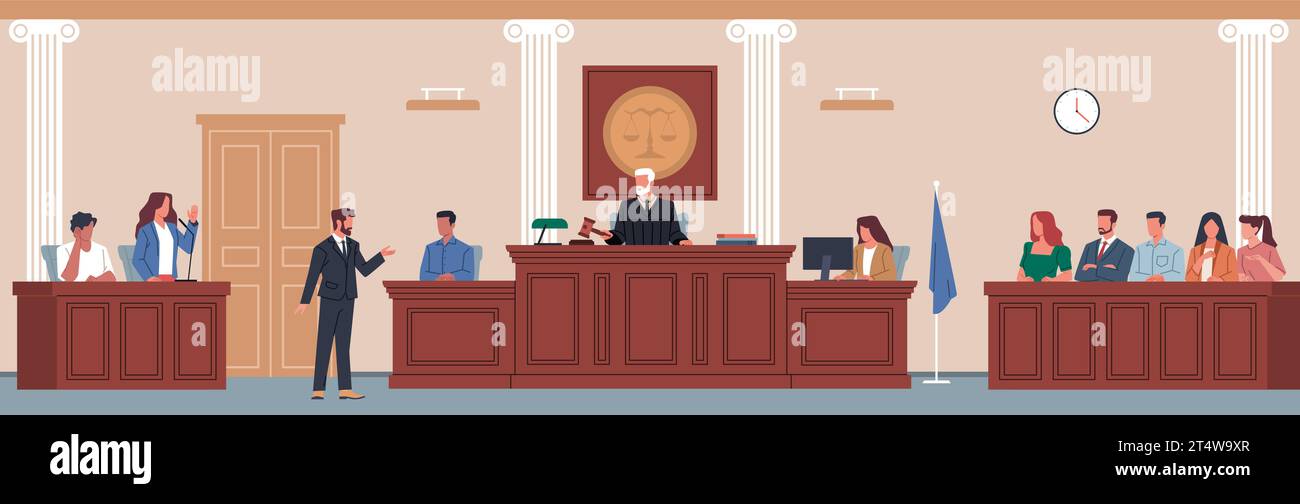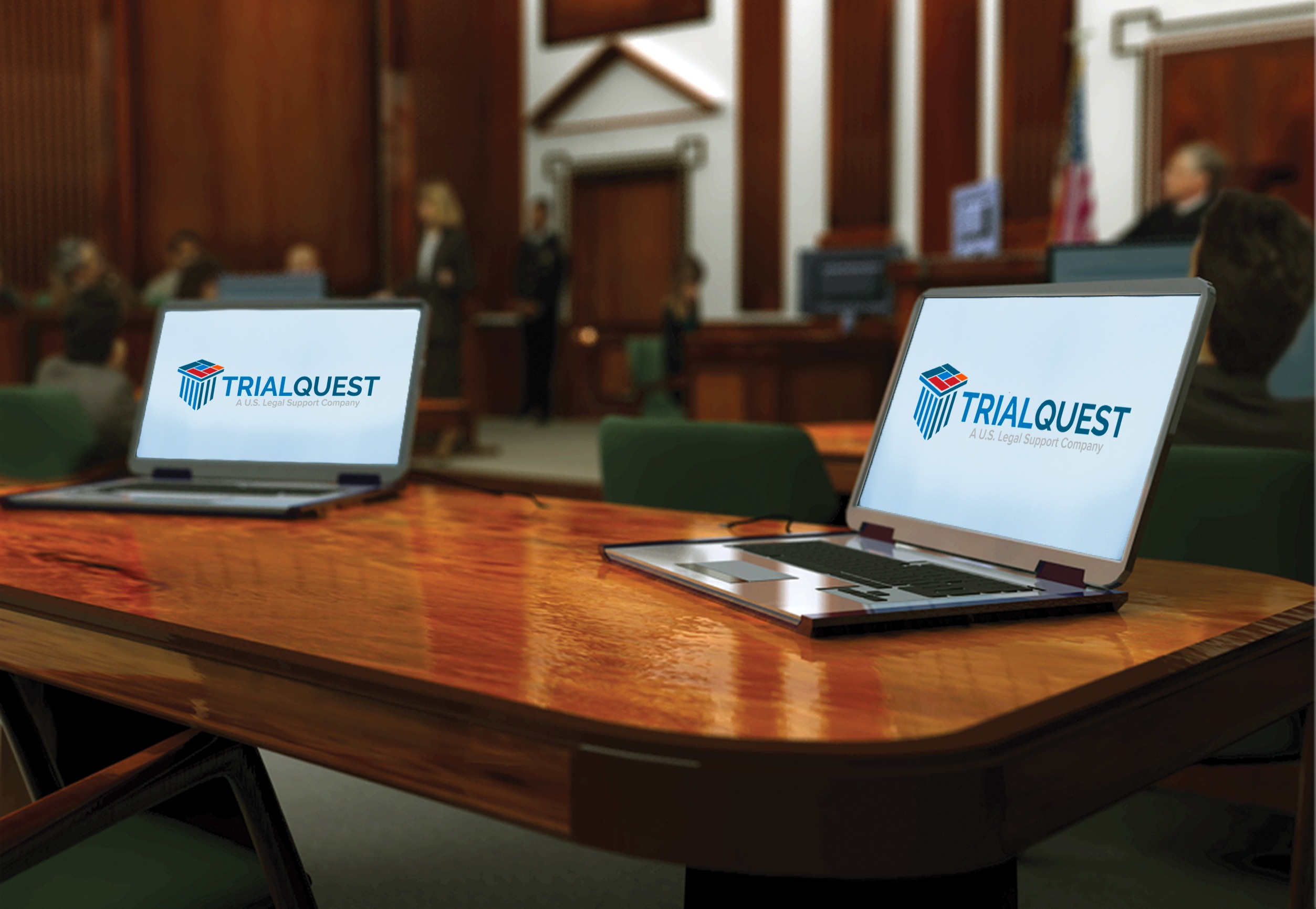Maximizing Influence in Court: The Power of Effective Trial Presentations
The effectiveness of test presentations plays a critical role in forming juror assumptions and affecting court outcomes. As we discover the elements that add to a powerful discussion, the inquiry emerges: what specific strategies can lawyers utilize to really optimize their effect in the court room?
Comprehending Your Target Market
Recognizing your audience is a basic facet of crafting an effective test discussion. To customize your presentation successfully, it is important to analyze the demographics, backgrounds, and attitudes of the audience.
Take into consideration the jurors' possible biases and preconceived notions. Recognizing these variables allows you to expect their reactions and adjust your messaging appropriately. Understanding the audience's degree of familiarity with the subject matter can direct the intricacy of your descriptions. Legal lingo might push away a lay audience, whereas a much more technical technique may be suitable for individuals with expert lawful experience.
Additionally, the psychological facet of your discussion should not be ignored. Engaging narration and relatable examples can stimulate compassion and aid jurors get in touch with your case on an individual degree. By adequately recognizing your target market, you boost your ability to connect persuasively and ultimately enhance the effectiveness of your trial discussion.
Structuring Your Story
Crafting an engaging story is crucial to keeping the target market's interaction throughout the test presentation. A well-structured narrative not just help in communicating the facts however additionally offers to humanize the instance, making it relatable and unforgettable. Begin by establishing a clear style that encapsulates the essence of your debate. Trial Presentations. This thematic foundation must lead the advancement of your narrative, guaranteeing comprehensibility and emphasis.
Next, detail the series of events in a logical progression, using a start, center, and end framework. Introduce the characters entailed, highlighting their inspirations and conflicts. This approach permits the court to connect psychologically with the story, fostering compassion for your client's position.
Include pivotal minutes that show bottom lines, developing a rhythm that preserves passion. Usage transitions successfully to guide the target market via the story, reinforcing the rational links between each area.
Visual Help and Innovation
Incorporating visual help and innovation into test discussions significantly boosts communication and understanding. Aesthetic elements such as charts, graphs, and pictures can boil down complicated details into accessible styles, helping with far better understanding for jurors and courts. These devices help to highlight bottom lines, making disagreements a lot more convincing and unforgettable.
Using innovation, consisting of discussion software application and electronic screens, permits dynamic presentations that can record the attention of the court. Animations can highlight procedures or timelines, find out this here while video clip page proof can bring context and emotional weight to a situation. Additionally, real-time presentations can be performed to clarify technical aspects or reveal the performance of proof.
In addition, integrating multimedia aspects right into a presentation can accommodate numerous learning designs, engaging visual, auditory, and kinesthetic students alike. This diversity in presentation techniques can link gaps in understanding and promote an extra comprehensive court room environment.
However, it is vital to guarantee that these aids are utilized properly, preventing disturbances or frustrating the target market with excessive details. When utilized deliberately, visual help and modern technology not just enhance the story but likewise enhance the lawyer's integrity and expertise in the court room.
Involving Distribution Strategies


The efficiency of test discussions is not solely dependent on aesthetic aids and modern technology; the manner in which the information is delivered plays a pivotal role in engaging the court audience. Involving delivery techniques can transform a mundane discussion into an engaging story that captures interest and cultivates understanding.
One vital method is using varied singing modulation. A speaker needs to change their tone, pitch, and volume to stress vital points and maintain the audience's rate of interest. Stopping briefly tactically enables representation and can enhance the influence of considerable statements. Furthermore, integrating narration aspects can humanize complicated facts, making them relatable and memorable.

Incorporating interactive components, such as asking concerns or welcoming juror participation, look at this now can also boost involvement. Ultimately, a dynamic delivery not only communicates info but additionally persuades and resonates, making certain that the presentation leaves a long lasting perception.
Method and Responses
Mastery of trial discussions hinges on the twin pillars of practice and responses. Practicing presentations not only boosts confidence yet likewise aids in identifying prospective pitfalls, allowing for strategic adjustments prior to the real test.

Integrating both technique and responses into prep work regimens guarantees that test discussions are not just practiced however are vibrant and impactful (Trial Presentations). This iterative procedure eventually cultivates a persuasive visibility in the court, improving the probability of attaining beneficial results for customers
Verdict
Effective test discussions considerably affect court room end results by boosting juror involvement and comprehension. Recognizing the audience's prejudices, structuring stories attentively, and including aesthetic aids are essential methods. Additionally, employing appealing distribution methods and devoting to rigorous method ensures that debates resonate with jurors. The mix of these aspects cultivates a powerful link in between the attorney and the jury, ultimately making best use of the influence of legal arguments and improving the possibility of desirable verdicts.
Comments on “Best Practices for Effective Trial Presentations for Lawyers.”